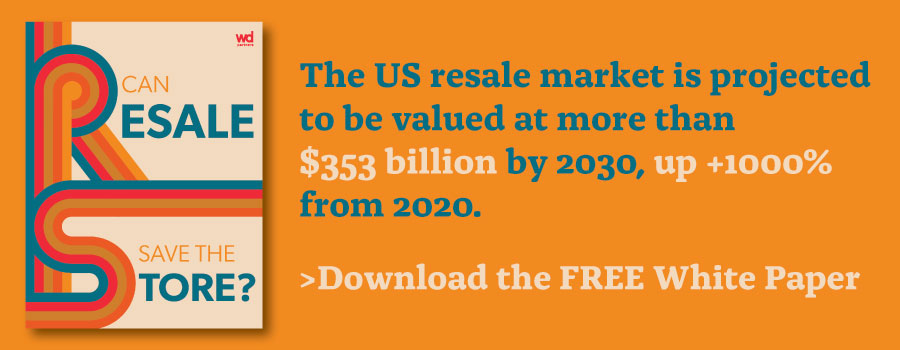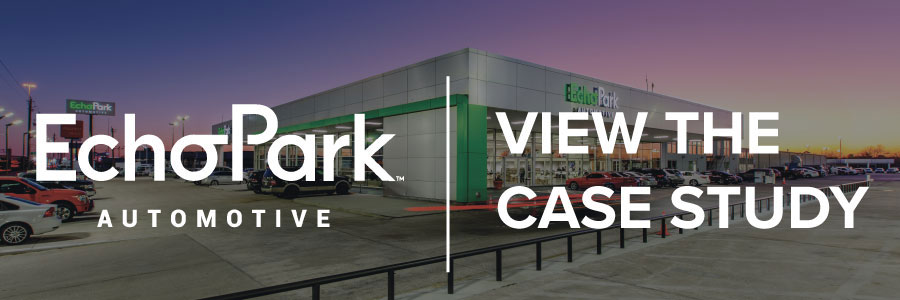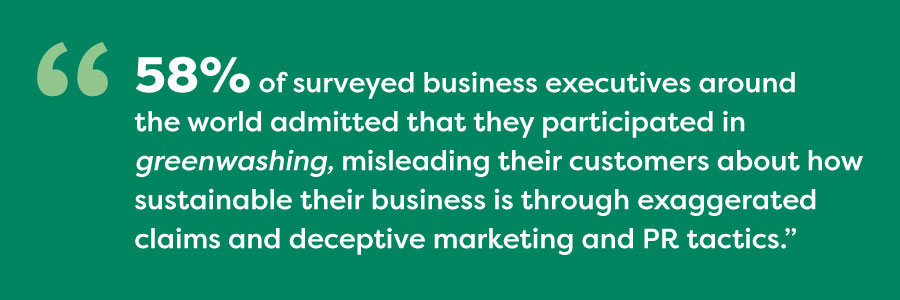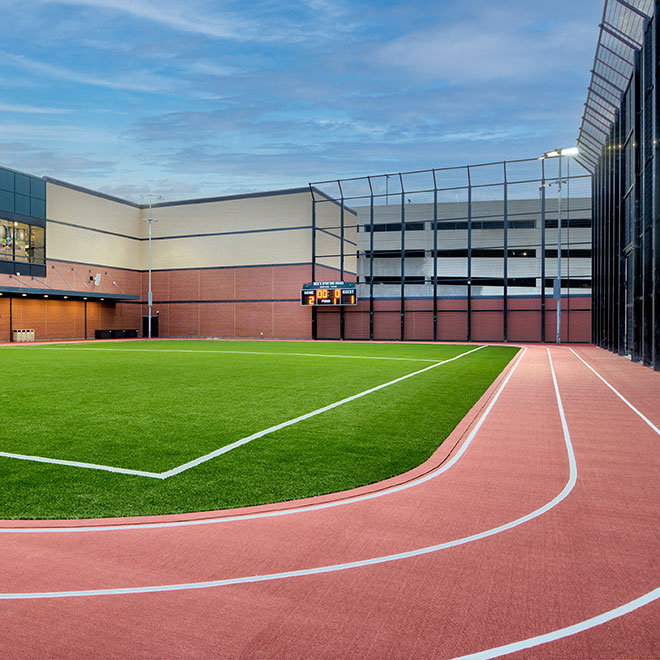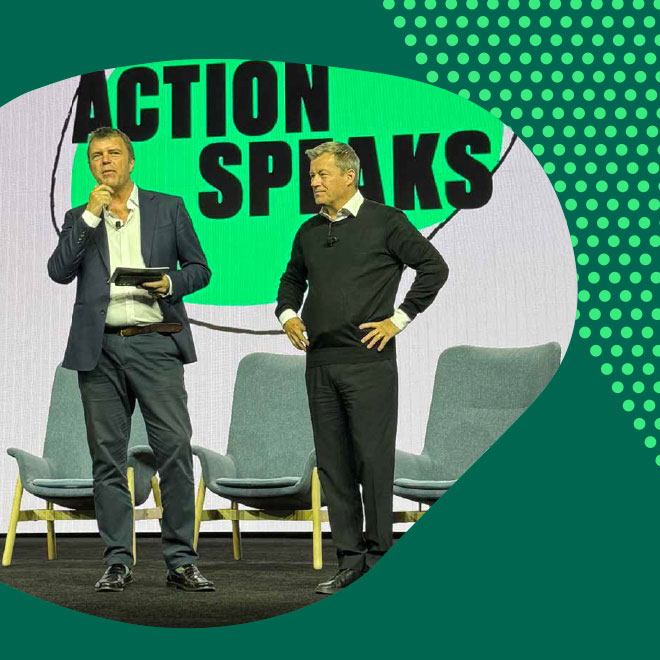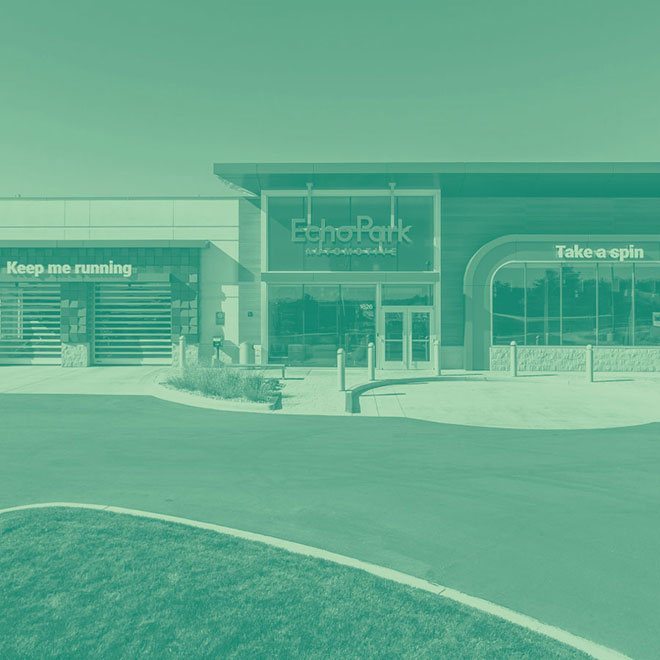
Building a Sustainable Future
How Brands Can Act Today to Build a Better Tomorrow
Embracing the Green Wave: Sustainability in the Spotlight
You probably don’t need us to tell you that sustainability has become a trending topic, becoming mainstream in media and discussed collectively by all generations around the globe. In fact a study conducted by IBM in February of 2022 reported that of their 16,000 global respondents, 51% say that environmentalism is more important to them than it was just one year prior. The commitment to sustainability is not merely verbalized; consumers across generations are acting on this care for environmental, social, and governance (ESG) and are willing to spend more on sustainable products, according to a report by First Insight. In this and many other ways, it’s clear that consumers aren’t just talking the talk, they’re walking the walk, so it should follow that brands are paying attention and elevating their commitment to sustainability.
Unlocking the Potential of the Used Market
Embracing a sustainable lifestyle doesn’t have to mean spending more money. Buying and selling in the used market, isn’t new, but it is certainly growing—the US resale market is projected to be valued at more than $353 billion by 2030, up +1000% from 2020—and is a way to participate in a circular economy while saving (and maybe even making) money. In our latest white paper, Can Resale Save the Store, surveying 2,500 consumers unveiled that 71% engage in shopping for used merchandise (anything from clothes to furniture to sporting equipment) monthly, presenting a significant opportunity for retailers. The study also revealed that if given the option to shop used in stores, consumers will. These figures present an incredible opportunity for retailers to hop on the resale bandwagon, moving towards their sustainability goals while revitalizing foot traffic to stores, countering the decline witnessed since 2010.
Designing Tomorrow: Holistic Sustainability Initiatives
While resale initiatives are a step in the right direction, sustainably-minded consumers are often looking for more comprehensive efforts from brands. In thinking about ESG, businesses must consider everything from the goods and services they provide to the physical building they are in. Sonic Automotive’s Echo Park is a great example of a retailer holistically accomplishing their sustainability goals. EchoPark not only provides a second life to pre-owned vehicles, but they also incorporate sustainable design principles into their showrooms, emphasizing qualities like natural lighting and sustainable features. Their use of space parallels their business objectives–rather than start from scratch, they repurpose existing buildings, renovating existing spaces like big box retail locations to meet a new need, saving on labor, energy, materials, and time. Read more about EchoPark and WD’s role in repurposing discarded spaces.
Breaking the Greenwashing Cycle
Although consumers are asking their favorite brands to consider their environmental impact more often, they often encounter misleading claims from brands engaging in greenwashing. In a survey conducted by the Harris Poll 58% of business executives around the world admitted to participating in greenwashing, misleading their customers about how sustainable their business is through exaggerated claims and deceptive marketing and PR tactics. In an era of the eco-consumer, building trust necessitates brands steer clear of greenwashing and genuinely commit to environmentally responsible practices. Educate yourself on greenwashing and how your brand can claim your eco-credibility.
WD’s Commitment: Contributing to a Sustainable Future
At WD, we don’t want to shy away from the urgent need for ESG but are keen to join the conversation and help build a more environmentally responsible future. We recently spoke with Julie DiNatale from Truterra, a Land O’ Lakes business that collaborates with forward-thinking farmers, value chain companies, conservation organizations, and ag retailers to help better deliver the future of on-farm sustainability. In this WDCast episode, we discuss the sustainability movement, the importance of education and collaboration to achieve our sustainability goals, and how farmers and consumers can overcome obstacles to accomplish said goals. In short, it’s much more complicated and involved than you think. However, whether your business is just entering the conversation and learning the definition of greenwashing or is full of sustainability evangelists, like our very own Brian Bucher, Kari Engen, and Mike Magee, and already has a concrete ESG strategy that you’re actively taking steps to accomplish, you’re voice and actions matter. We’d love to talk to you about your sustainability goals–design, building, or operational–and how WD can make those a reality. You can reach out to TalkWithUs@wdpartners.com to get started.

